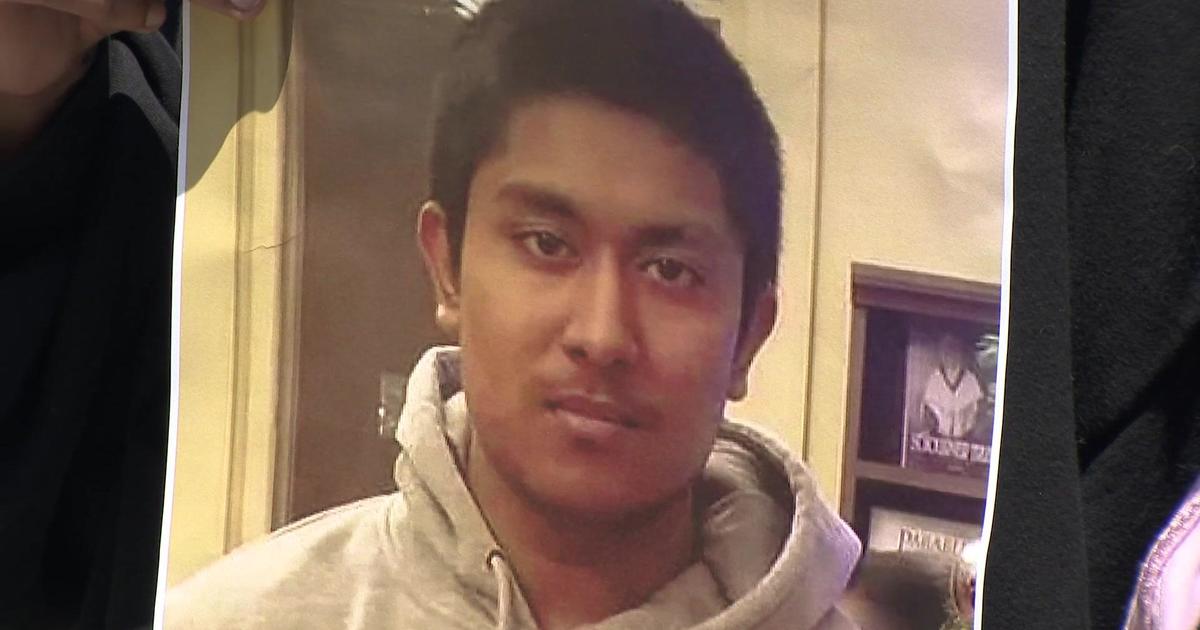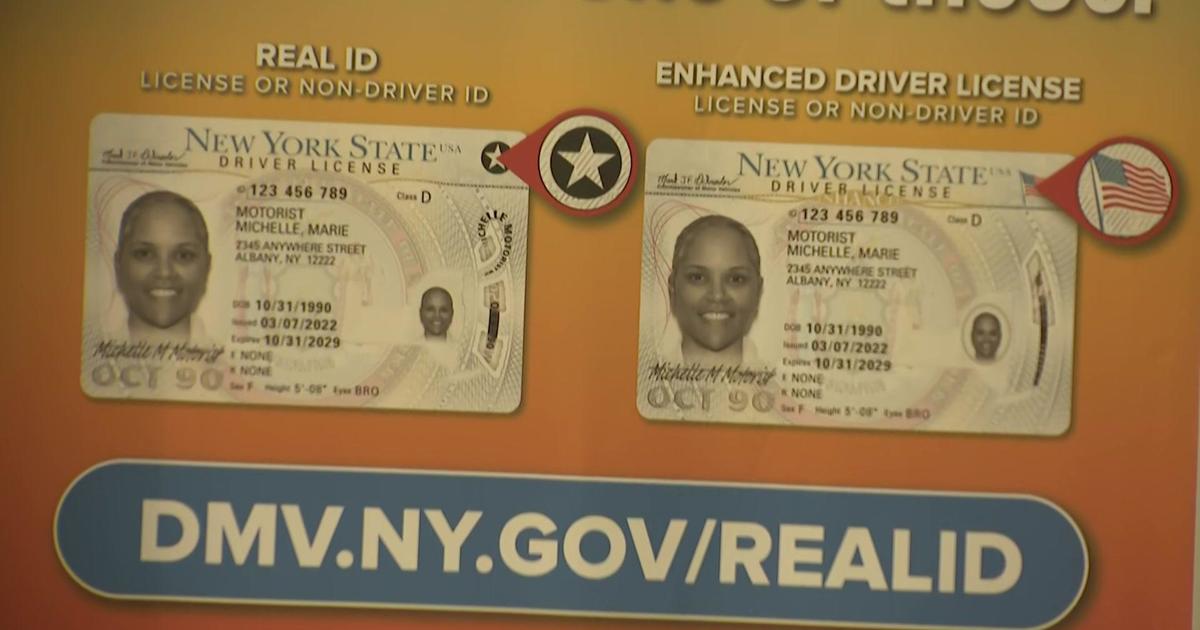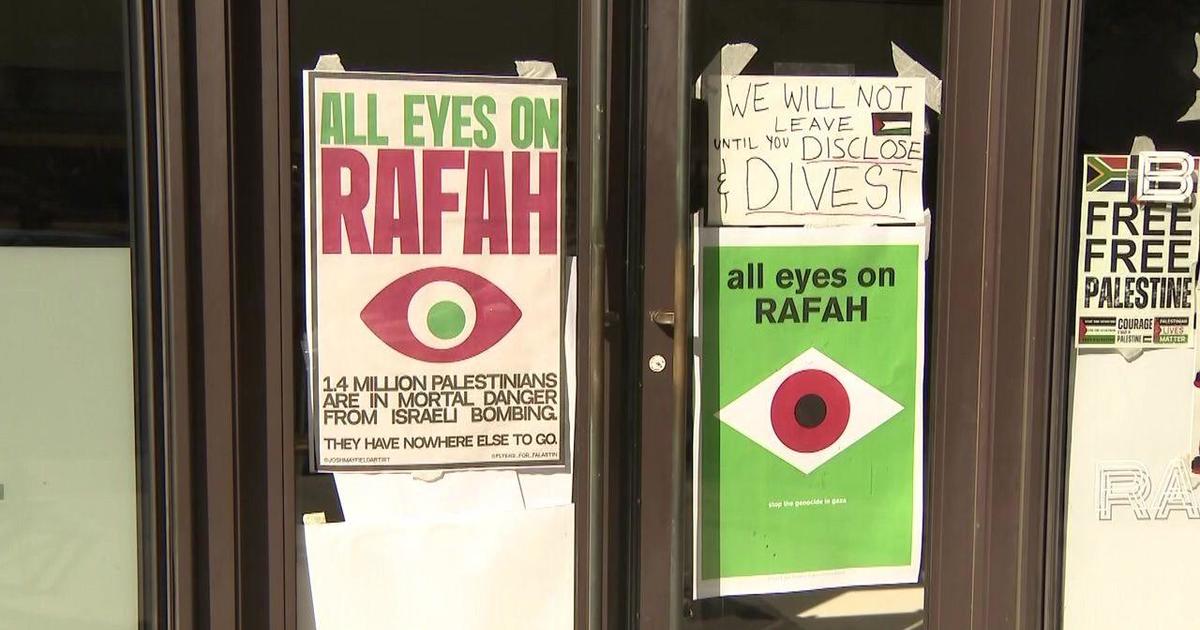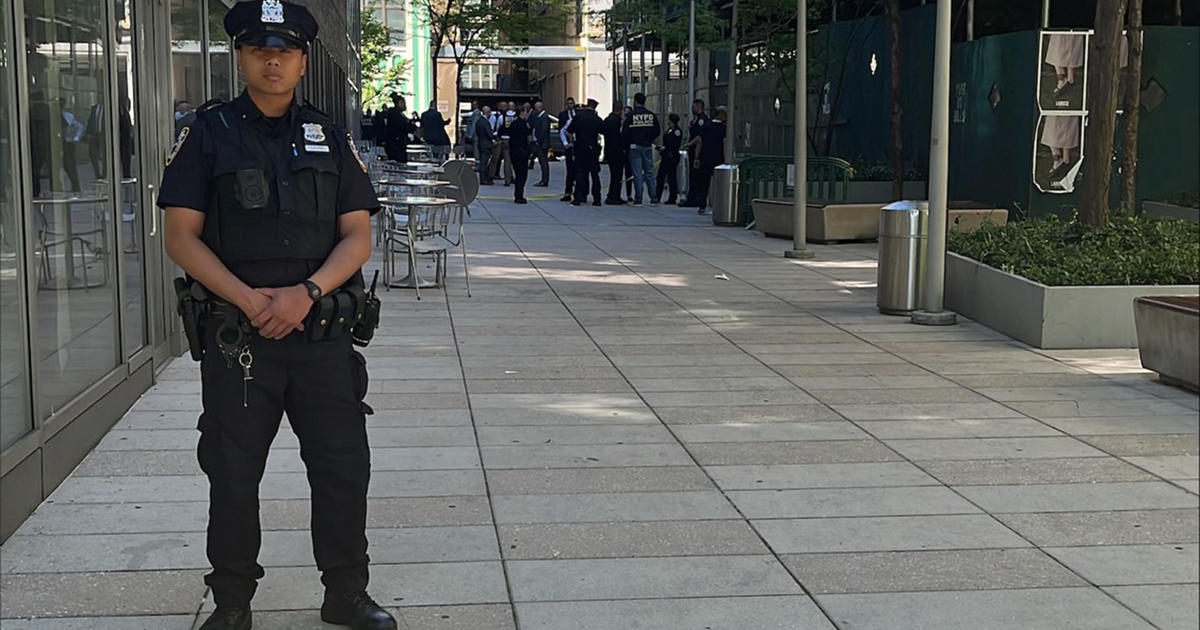Health experts say now is the time to get the latest COVID booster and flu shot
NEW YORK -- October marks the unofficial start of cold and flu season.
Cold weather is coupled with kids back to school and many people back in the office.
Health experts say now is the time to get both the latest COVID booster and flu shot.
But with so many vaccines on the table these days, when and which should your family be getting? CBS2's Zinnia Maldonado spoke with the CEO of the Biotechnology Innovation Organization to find out.
Starting with COVID, the CDC recommends those 12 years and older should receive the latest booster shot at least two months following your last vaccine and at least three months following a COVID infection.
"If you're under 12, that's a traditional COVID booster, the ones that we've been using over the last year and a half. If you're 12 and older, that's the new COVID booster that is specifically trained to be extra protected against the latest strains of COVID," Biotechnology Innovation Organization President & CEO Dr. Michelle McMurry-Heath explained.
COVID VACCINE
- New York State book online here or call 1-833-NYS-4-VAX
- New York City book online here or call 877-VAX-4NYC
- Track NYC vaccinations by zip code
- Nassau County more info here
- Suffolk County more info here
- Westchester County more info here
- New Jersey book online here or call 1-855-568-0545
- Connecticut book online here
According to the CDC, flu season changes year to year, but October is usually the best time to receive the vaccine to maximize immunity.
So when you're in line for your booster, health experts advice receiving your flu shot at the same time.
"It's perfect timing. As you're putting up those Halloween decorations and thinking about the fall and the winter getting colder, now is the time to get both your COVID vaccine and your flu vaccine," McMurry-Heath said.
McMurry-Heath adds for vaccines that target different infections, such as monkeypox or shingles, you should be space out from any COVID or flu vaccines.
"I would do them separately. There's not hard and fast rules about the spacing of either monkeypox or shingles vaccines, but at this point, it's critical to get your COVID and your flu vaccines," she said.
Almost one in three Americans will develop shingles in their lifetime, according to the CDC, and your risk increases as you grow older. Which is why a vaccine for the viral infection is recommended for adults ages 50 and up.
When it comes to monkeypox, overall cases in the U.S. have fallen since their peak in August, but health officials say those who are high risk -- typically, men who have sex relations with other men -- should still get vaccinated.
"Those folks should be getting their monkeypox vaccine, but separated out in time," said McMurry-Heath. "COVID and flu, it's a very similar type of vaccine and similar approach. You can do those together. But it's probably best to wait for all the others."




